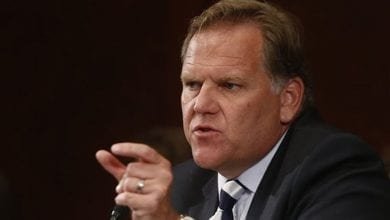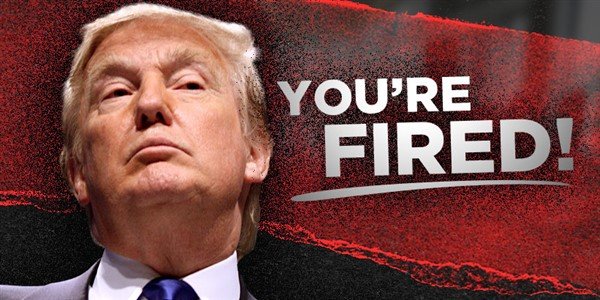What is The First Amendment?
The First Amendment to the United States Constitution is one of ten basic protections enshrined in the Bill of Rights.
Full Text of the First Amendment
Amendment I
Congress shall make no law respecting an establishment of religion, or prohibiting the free exercise thereof; or abridging the freedom of speech, or of the press; or the right of the people peaceably to assemble, and to petition the Government for a redress of grievances.
What does The First Amendment Protect?
The First Amendment is divided into two clauses: the Establishment Clause and the Free Exercise Clause.
Basic freedoms protected by the First are:
- Freedom of Religion
- Freedom of Speech
- Freedom of the Press
- Freedom to Assemble Peaceably
- Freedom to Petition the Government for a Redress of Grievances
The Establishment Clause
“Congress shall make no law respecting an establishment of religion…”
The establishment clause, at its most fundamental level, prevents the Federal Government from establishing a national religion or from unduly favoring one religion over another.
Strict separationists believe the clause also prevents the favoring of religion over the absence of religion which has lead to a plethora of legal cases against prayer in school, prayer at school events, God in the Pledge of Allegiance and Crosses serving as memorials that appear on government land. This is more akin to a “freedom from religion” than “freedom of religion.”
Non-preferentialists believe the clause serves only “(1) to prohibit the national government from establishing a single denominational church as the official church of the United States, and (2) to prohibit the favoring of one religion or religious sect over another.”[1] But those subscribing to this view believe that it does not stop government support of religion over non-religion or government support of religiosity in its many forms.
The jurisdictionalists believe that matters of religion belong to the states. This would allow individual states to establish religions without interference from the Federal Government.
The Free Exercise Clause
“…or prohibiting the free exercise thereof…”
The free exercise clause prevents the Federal Government from making laws that would limit religious activity. The definition of such activity has been narrowly defined as the belief and profession of religious beliefs while a broader view says the clause protects actions stemming from the core beliefs of a religion such as a Christian baker refusing to make a custom cake for a gay wedding because of his religious beliefs (Masterpiece Cakeshop v. Colorado Civil Rights Commission).
Sources:
[1] Nieli, R. (2011, Dec. 5). Interpreting the Establishment Clause. https://www.thepublicdiscourse.com/2011/12/3957/




